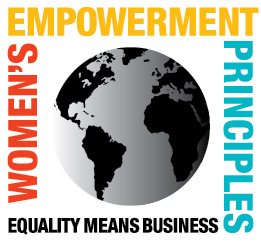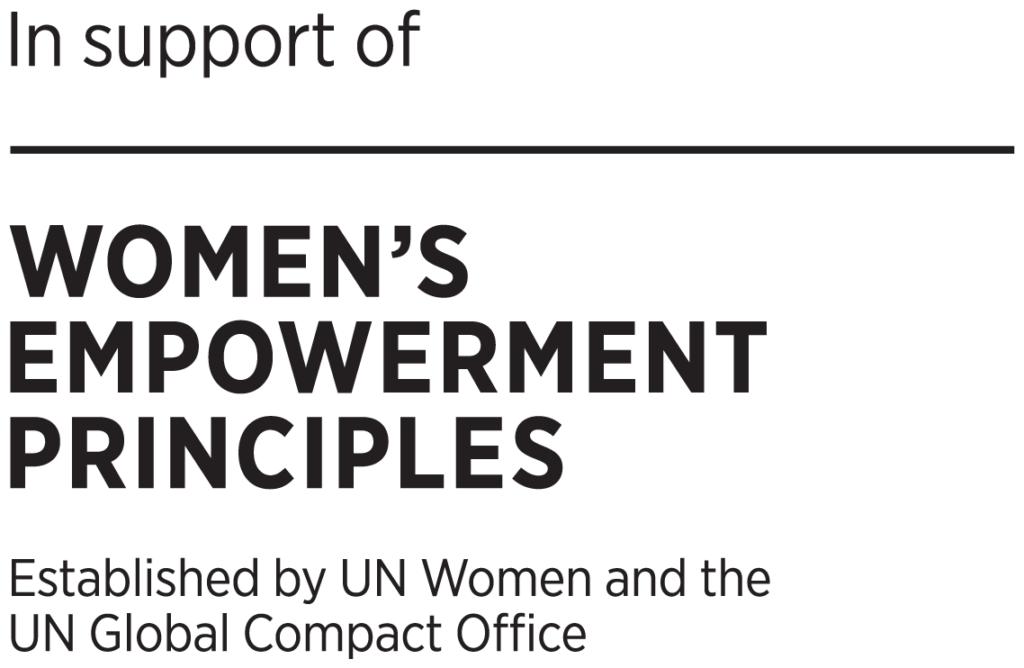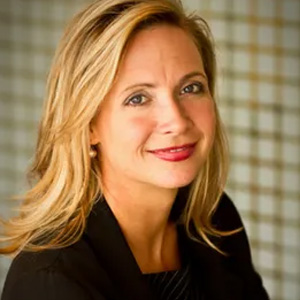
Gender and Corruption
Summary
Gender and Corruption
Despite 30 years of intense interest, research on gender and corruption is still in its nascent stages. Generally, corruption has a greater impact on women and children than on their male counterparts. This can exacerbate gender gaps in society and deepen gender inequality. As perpetrators of corruption, the role of women has been heatedly debated. Statistical evidence in Western-influenced societies seems to indicate that women are less susceptible to corruption—although cogent arguments have been made that such conclusions don’t take into account women’s exclusion from male dominated networks, including corruption networks. Additionally, preliminary evidence from Asia and the Pacific does not support the underlying conclusion that women are less susceptible to corruption. UNISHKA has published a compilation of the defining research on Gender & Corruption in our Collected Works on Gender and Corruption. This book is intended to educate and stimulate discussion on prevailing theories without leading the reader to specific conclusions.
UNISHKA CEO Statement in Support of Women’s Empowerment Principles

In cooperation with UN Women and the UN Global Compact, UNISHKA supports and is committed to the provisions of the Women’s Empowerment Principles as produced and disseminated by UN Women and the UN Global Compact. The Principles identify seven steps that UNISHKA is advancing to empower women. UNISHKA also supports the Ten Principles of the UN Global Compact on human rights, labour, environment, and anti-corruption.

UNISHKA Talent

Kristin Haffert
SME – Gender EqualityKristin Haffert provides strategic advice to UNISHKA on the development and execution of initiatives that explore the nexus between gender and corruption, promote gender equality and advance women’s leadership. With experience in more than 75 countries, Kristin has designed, delivered and mobilized resources for initiatives that advance gender equality in every region of the world. As Co-Founder at Mine The Gap, she has consulted Fortune 500 companies, governments, UN agencies, global financial institutions and leading philanthropies and non-profits on diversity, equity and inclusion. Kristin’s thought leadership includes piloting new gender-inclusive approaches in complex scenarios ranging from peace negotiations to diversifying public corporate boards.
Prior to working in the private sector, she served in senior management and initiated the women and gender equality team at the National Democratic Institute for International Affairs (NDI) which she directed from 2002-2009. She has advised international leaders on promoting women in the economy and in political and civic life in Latin America and the Caribbean, Africa, Asia, Central and Eastern Europe and North America. Her award-winning work includes spearheading global gender-related initiatives such as the Madeleine K. Albright Grant, Win with Women and iKNOW Politics.
Kristin holds a Master’s Degree in Leadership from the McDonough School of Business at Georgetown University and a Bachelor’s Degree from Douglass College, Rutgers University.
Illustrative Project Experience
UNISHKA and its personnel have a proven track record of success in designing and implementing sustainable gender equality strengthening projects on a global scale. Our illustrative experience includes the following projects:
UKRAINE: In 2018 UNISHKA’s Kristin Haffert conducted an in-depth 4-state assessment of a Department for International Development (DFID) program designed to increase women’s leadership in politics at the local level. As a Gender Advisor, Ms. Haffert interviewed political parties, activists, media representatives and organizational partners. These interviews determined the effectiveness of the original program, and provided insight to allow for the development and adoption of a new scope and enhanced political leadership program; an astounding feat for one of the most corrupt nations, where women’s participation in governance is exceedingly low.
In 2014, UNISHKA and its experts liaised with women in politics, including candidates and Members of Parliament and electoral officials to provide a report on the opportunity for women to gain greater traction in politics within the Ukraine. As, Senior Gender Advisor, Ms. Haffert presented to the Vernoka Rada (Parliament) and met with women activists and civil society groups from across the Ukraine to detail the specific impediments to women’s advancement and make concrete recommendations for political parties, NGOs and other actors, to address women’s participation effectively following the Maidan events and recent political events.
THE GULF: In YEAR, UNISHKA’s Senior Gender Advisor, Ms. Haffert developed and delivered a curriculum on “Breaking Barriers for Women in the Workplace” for Freedom House. Through this training-of-trainers multi-day workshop ## women lawyers, political activists and media representatives in the Gulf region of the Middle East were successfully trained.
EGYPT: UNISHKA’s Senior Gender Advisor, Ms. Haffert consulted on new programming in April 2011. During this initiative, an assessment was conducted to explore potential program opportunities and partnerships for a civilian-security sector community engagement program. Furthermore, this initiative facilitated the successful conduction of [TITLE] training for US military partners.
LIBYA: In Libya, UNISHKA through its leading experts, collaborated with the International Foundation for Electoral Systems (IFES) on the development of training materials and a series of comparative tools and checklists for members of the national election commission. These materials and comparative tools were designed to ensure inclusivity of gender considerations with a particular focus on women voters.
SOUTH SUDAN: UNISHKA’s expert on Gender Equality, advised on constitutional, electoral and civil society assessments undertaken in December 2013 for USAID’s SUCCESS Program. In partnership with the SUCCESS Consortium Partners, the Public International Policy and Law Group (PIPLG), Creative
Associates, as well as non-USAID Partners, UNISHKA’s experts integrated gender into program planning, ongoing assessments, work plans and performance monitoring.
AFGHANISTAN & BANGLADESH: UNISHKA has extensive experience in Afghanistan and Bangladesh. As it relates to gender & corruption, however UNISHKA and its experts have:
Developed strategies for improving a gender-based approach to programming in electoral and political party programs.
Developed strategic program activities and advised gender staff on ongoing and pre-electoral activities that maximize opportunities to improve overall program deliverables through more inclusive programs.
Developed an extensive training-of-trainers curricula for Counterpart staff and partner organizations throughout the country. UNISHKA has further delivered the mandatory training to Counterpart staff and worked with the gender team to replicate the training with USAID’s IPACS-II partners. Finally, our experts have developed a strategy for gender integration internally and among IPACS-II partner organizations.
VIETNAM: UNISHKA and its Senior Gender Advisor conducted a global research study for UNDP on political training programs, as well as public-sector leadership training for women and men, to identify recommendations for the Government of Vietnam to develop a leadership training institute for women.
Regional/Elections: Senior Gender Advisor, Kristin Haffert, managed a global research project for UNDP to identify best approaches for establishing a Women’s Leadership Academy. Furthermore, Ms. Haffert acted as lead consultant for global lessons learned study on the international community’s assistance to women’s electoral participation. Countries included in the study are Bolivia, Burundi, Kyrgyzstan, Nepal and Tunisia.
Regional/Hands-on training for USG staff working in conflict countries on mainstreaming gender across work: UNISHKA and it’s senior experts, developed and delivered a training on gender integration for USAID’s Office of Transitional Initiative’s (OTI). The DC- based staff and “bull-penners” trained under this initiative, focused on their roles to help better integrate gender into planning and programming and meet USAID requirements. This initiative further developed both short- and long-term strategies for OTI to improve internal infrastructure and communication for enhanced gender-based programming and improved outcomes.
Regional/Handbook on best practices: In this initiative, UNISHKA’s Senior Gender Advisor developed and co-authored a best practices handbook for the National Democratic Institute (NDI) on mainstreaming gender into political party, legislative, civic and electoral programming by international organizations.
Regional/Online leadership curriculum on gender for women and men at UNDP: In 2019, as part of the UNDP training for managers (which is now offered to all staff), UNISHKA and its experts developed and moderated an online course on Women & Leadership. The first two cohorts who participated underwent training as part of the Leadership Development Pathways. The course has received accolades for its ground-breaking content.
UNISHKA’s Senior Gender Advisor, Ms. Haffert edited and refreshed the Gender Journeys course for all UNDP staff to understand the meaning of gender, how to address recruitment and retention of women staff and how to integrate it into all stages of programming. Further three courses on “Leaving No One Behind”, the UN’s retooled approach to the SDGs, which included gender equality and human rights were later developed.

